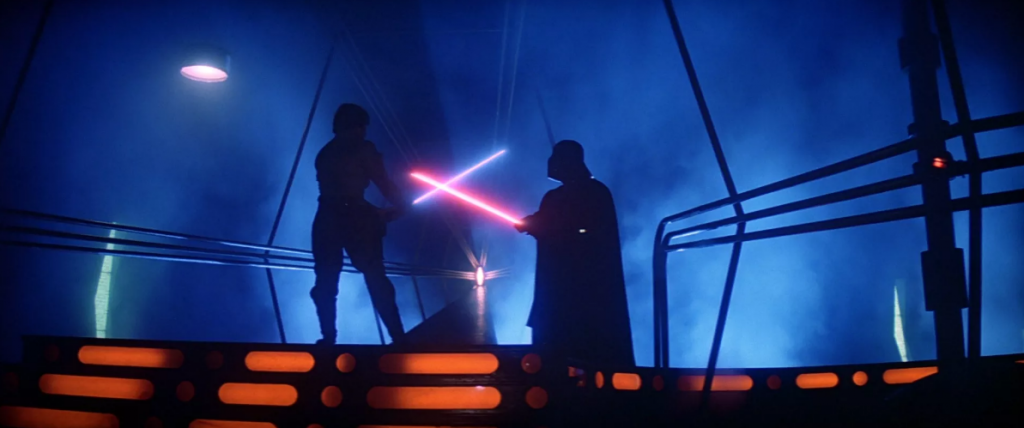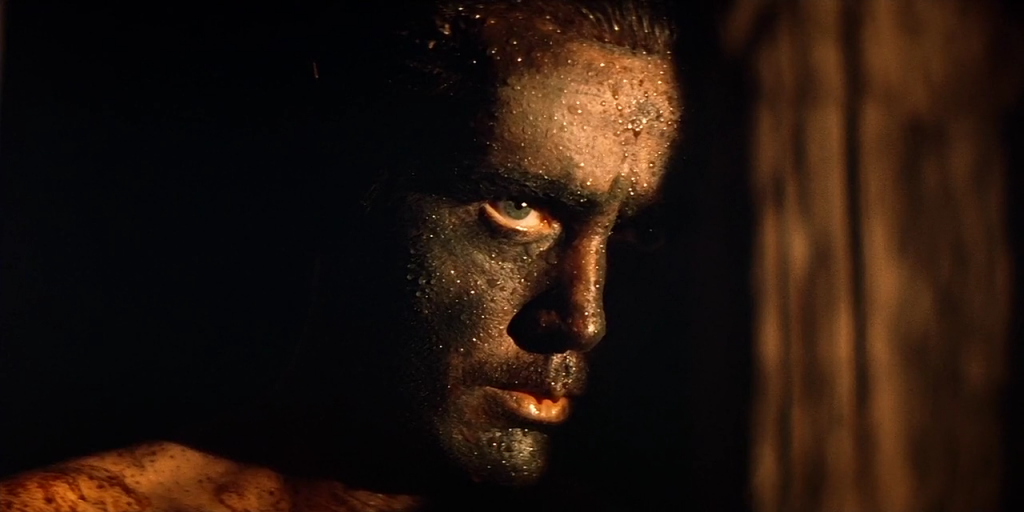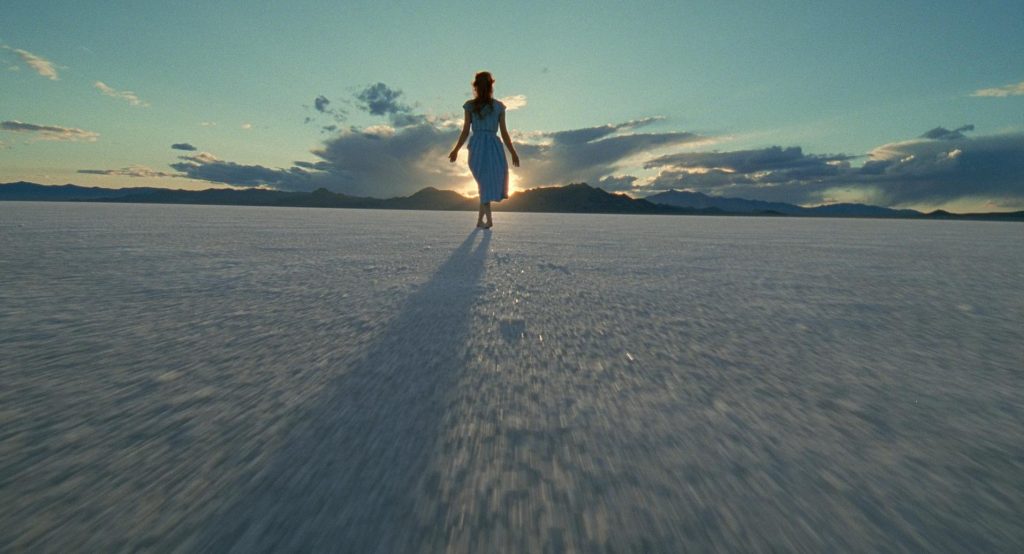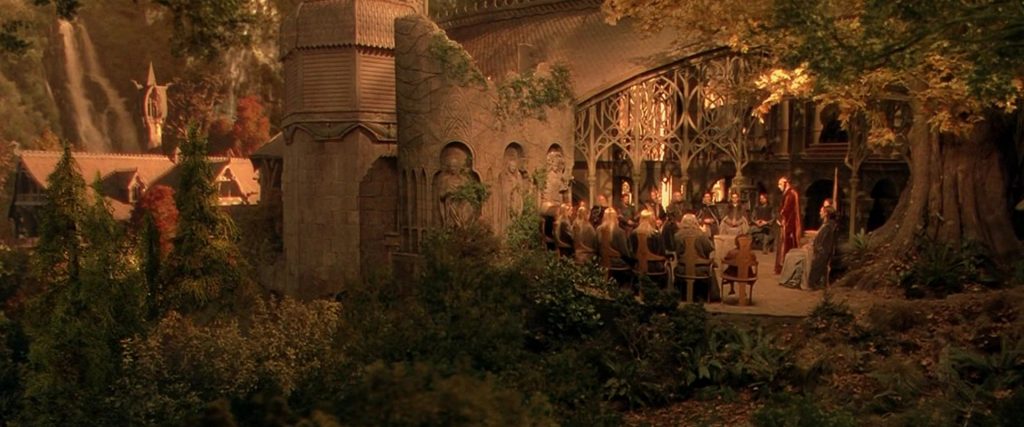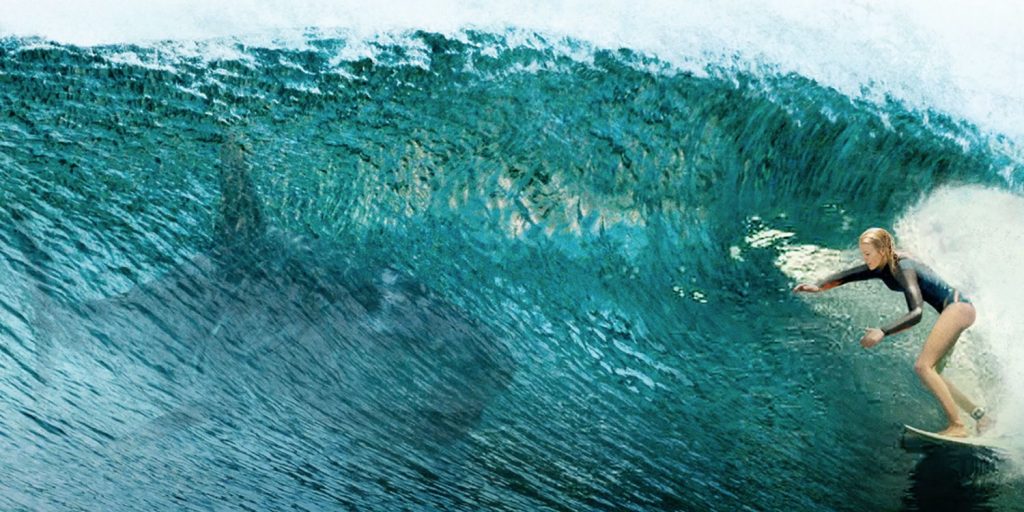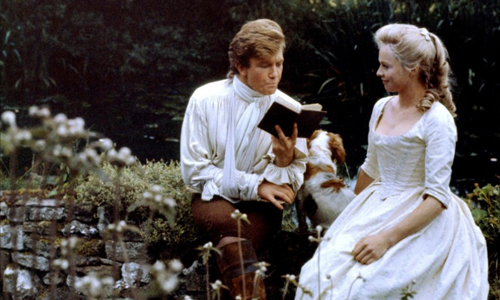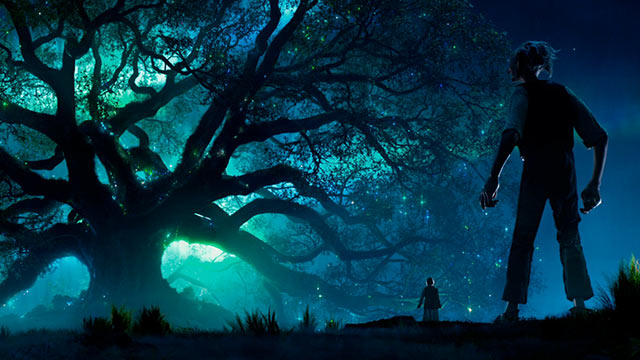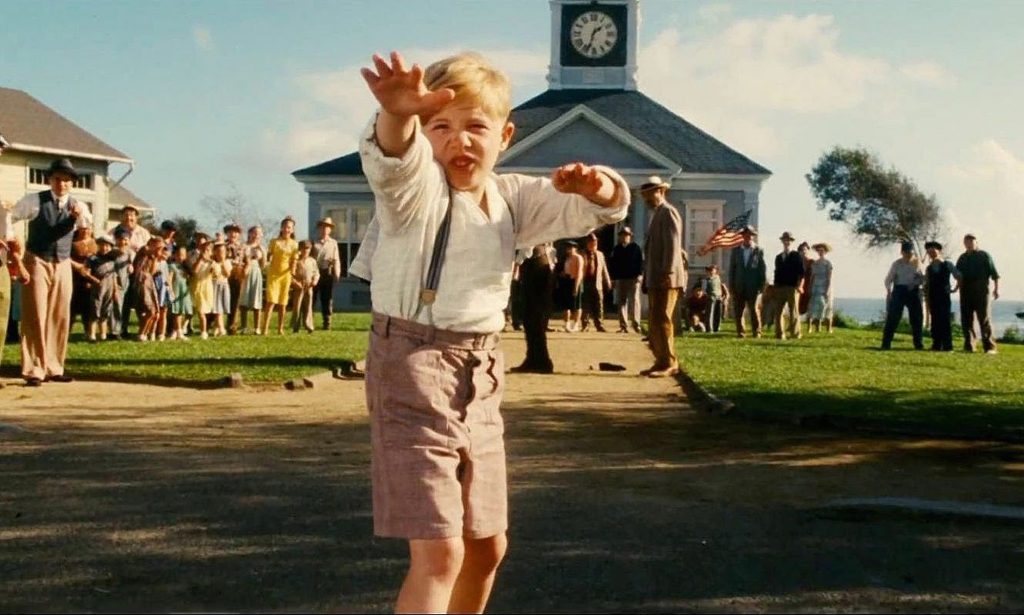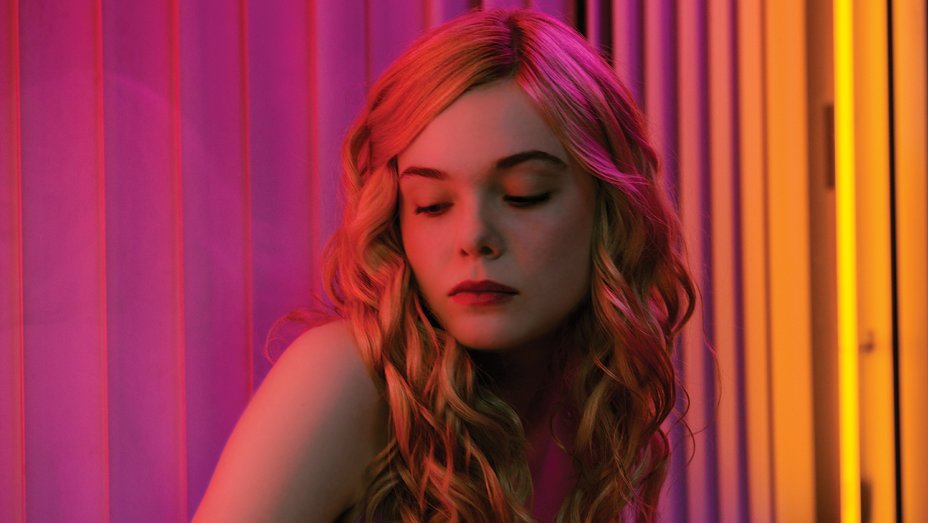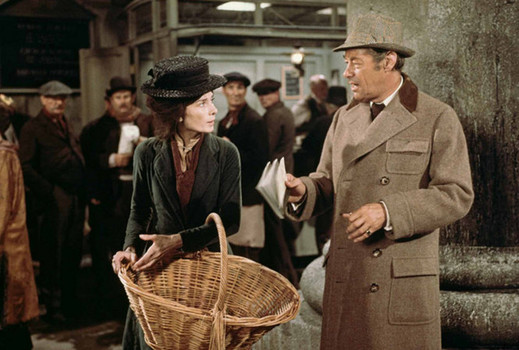8. The Empire Strikes Back
7 Jul
dir. Irvin Kershner
Our tastes change as we get older. That’s not necessarily something to either mourn or celebrate; we just have to learn to accept the fact that as we evolve both biologically and psychologically, we’ll experience and respond to the world differently (I don’t care for jelly now that I would’ve devoured as a child, but I also am much more tolerant of pop music than I was while in college). Revisiting the (only) Star Wars trilogy (that matters) now, I find that I grow impatient with the pacing of A New Hope and that I don’t respond as well to the sentimentality of Return of the Jedi. On the other hand, each rewatch of The Empire Strikes Back solidifies its reputation as not even the finest Star Wars film or as one of the finest sci-fi films, but as one the finest films of all time without qualifiers. It’s easy to make the joke that Empire is better because it’s darker, but that belies an honesty and a much more accurate truth – that Empire was a film that understood its universe, its characters, and both the narrative and emotional stakes in play. Empire has stood the test of time thanks to, yes, a phenomenal script and director, but also because its focus was not on how to explore its genre, but how its genre could be used to explore and supplement truths and investments that ring true outside of any single medium or time. Depending on what version you watch, it’s also the one installment least tainted by its creator’s needless tinkerings.

